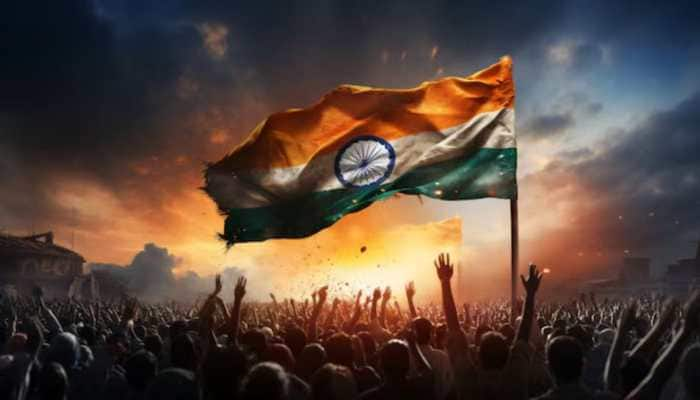India To Chair SCO Environment, Emergencies Ministers Meet This Week
The emergencies ministers meeting will be held on 20th April, with Pakistan participating virtually and China in person at the deputy minister level.
Trending Photos
)
New Delhi: The Shanghai Cooperation Organization's (SCO) environment and emergency ministers (Emergency Prevention) are meeting this week, with India holding the chairmanship of the grouping this year. The meetings are part of a series of ministerial meetings being held in the run-up to the summit in July. India is hosting the environmental ministers meeting today virtually and will be chaired by Indian environment minister Bhupender Yadav. The emergencies ministers meeting will be held on 20th April, with Pakistan participating virtually and China in person at the deputy minister level.
India got the chairmanship of the grouping at the Samarkand SCO summit in September last year, and this is the first time it is holding the summit since becoming a member of the grouping in 2017.
India will be hosting the SCO Defence ministers meeting from 27th to 29th April in Delhi, followed by the SCO Foreign ministers meeting from 4-5th May in Goa. Invitations have been sent to all the member countries of the grouping, including China and Pakistan.
Any in-person representation from Pakistan in both meetings will be significant, as this will be the first such ministerial visit from Pakistan to India since New Delhi removed the special status for the erstwhile state of Jammu and Kashmir.
The Shanghai Cooperation Organisation (SCO) is a major global grouping that was established over two decades ago with the aim of promoting economic, political, and military cooperation among its member nations.
The organization comprises eight member countries, namely Russia, India, China, Pakistan, Kazakhstan, Kyrgyzstan, Tajikistan, and Uzbekistan, and covers over 60% of the Eurasian landmass, with a population of more than 40% of the world's inhabitants and an economy that accounts for 30% of global GDP.
As the chair of the grouping, India will play a key role in shaping the agenda of the meetings and in promoting greater cooperation among member nations. The meetings will also be closely watched by international observers, as they provide a glimpse into the evolving geopolitical landscape in the region.
Stay informed on all the latest news, real-time breaking news updates, and follow all the important headlines in india news and world News on Zee News.
Live Tv







)
)
)
)
)
)
)
)
)
)
